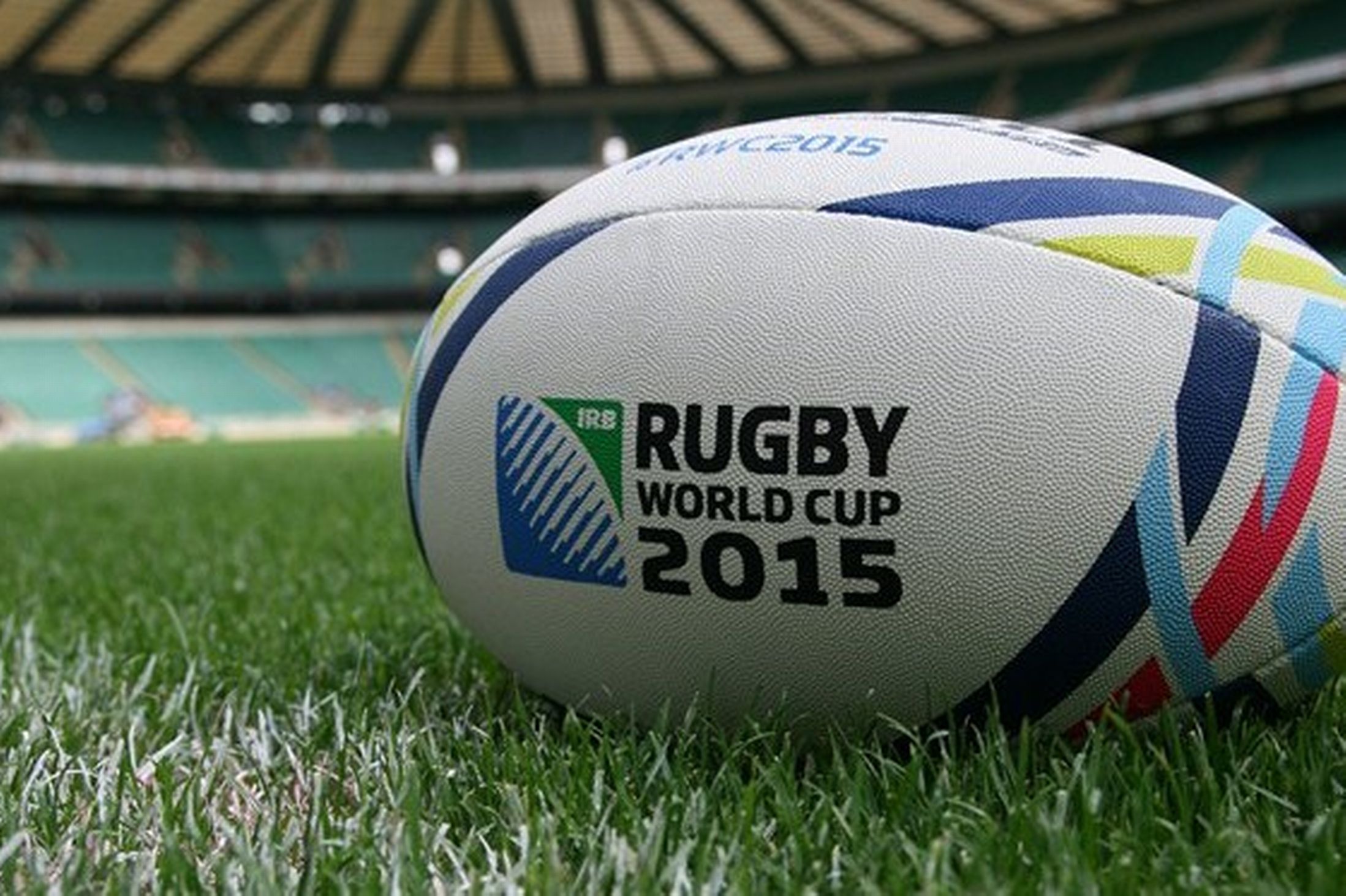Sport sponsorship can often come with various complications and issues, but it’s certainly something that is worth the time and hassle given the global exposure. Sponsorship is an excellent way of enhancing brand image and tends to catch the public eye – by attaching your name to that of a top class event you too look like one of the best names in your field.
But, to be associated with the best does cost money. Top brands sign big deals to get their name in front of the eyes of the watching millions and that does mean there are a great deal of rules and regulations. These protect the investment these brands make to ensure that they get the full benefit from the cash they pay. SAB Miller’s shares jumped 7.5% in value at the time of the 2007 Rugby World Cup – this year’s batch of sponsors will be hoping to be the 2015 equivalent.
Brands or businesses without an official relationship with the Rugby World Cup would do well to heed the rules – and will probably be more aware of such issues after the London Olympics where papers made headlines from bakers being banned from using the Olympic rings.
The truth is, if you haven’t paid to be an official sponsor then you cannot try to make a direct use of the tournament’s ‘brand’ to boost your own.
Ambush marketing, otherwise known as guerrilla marketing, is on the rise in recent years and the Rugby World Cup organisers will be braced for dealing with sneaky attempts by companies to muscle in on the action without paying for the privilege.
An innovative, recent example of guerrilla marketing took place at the 2012 Olympics. Irish bookmaker Paddy Power, which is well known for pulling off near the knuckle sport related gags and jokes, placed many advertising boards throughout London which stated ‘official sponsor of the largest athletics event in London this year’.
It eventually turned out that, in the small print, Paddy Power had referred to a small annual egg and spoon race in a French town named London. Despite the protests and legal action of London 2012’s organisers, rival corporations who were genuine sponsors and many more, Paddy Power was cleared of any wrong-doing. Some may argue that the furore alone did the job even better than the campaign itself.
Paddy Power is smart and adept at getting the most out of these situations. There will be others looking to follow in their footsteps but they would be wise to be as clever as Paddy Power in ensuring they say the right side of the law to avoid a potentially costly legal battle.
Organisers will be hoping to catch people out since the success of the likes of Paddy Power encourages others to try this avenue instead of paying for official deals.
For example, if Toshiba’s biggest rivals are able to profit from guerrilla marketing at this year’s Rugby World Cup, the Japanese giant will probably question its investment.
